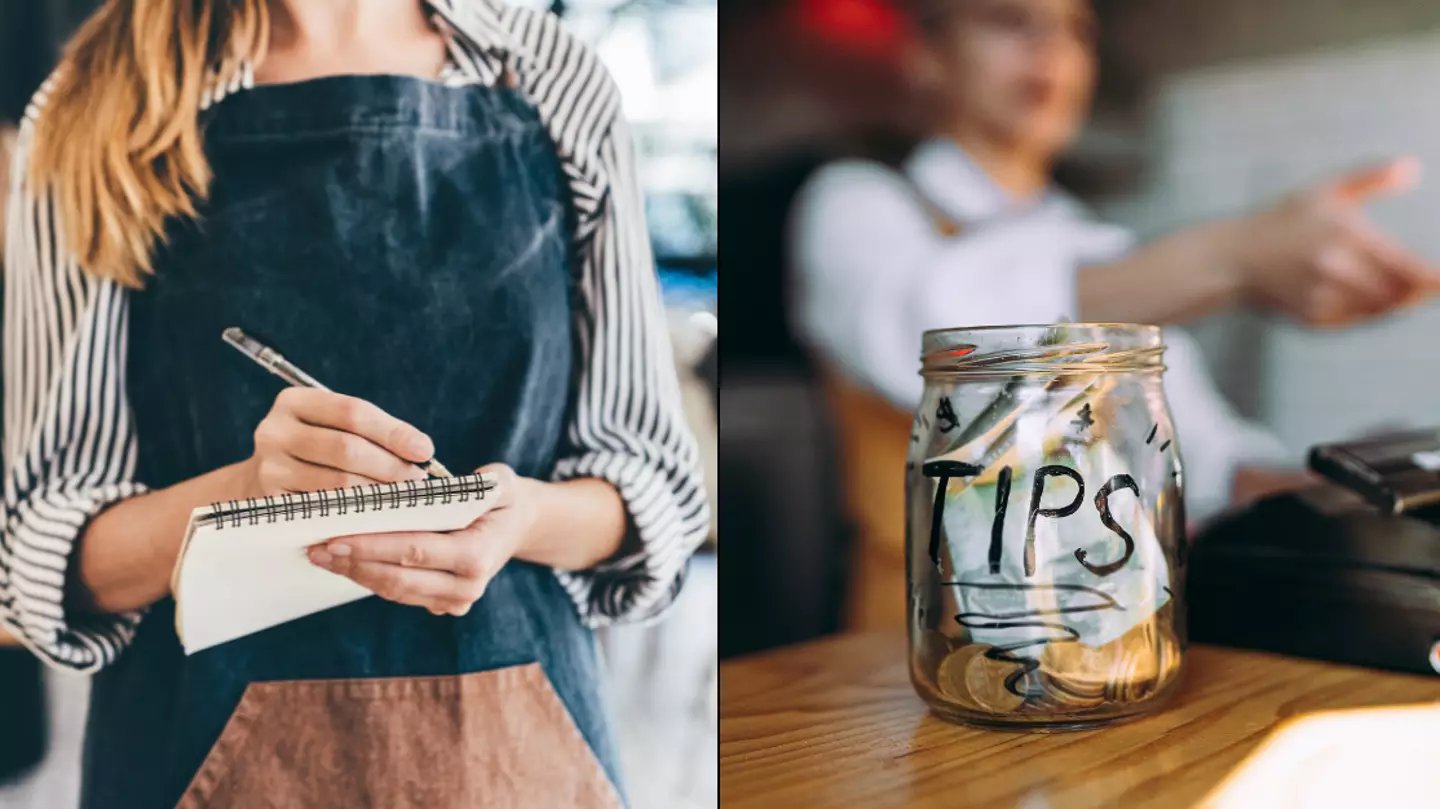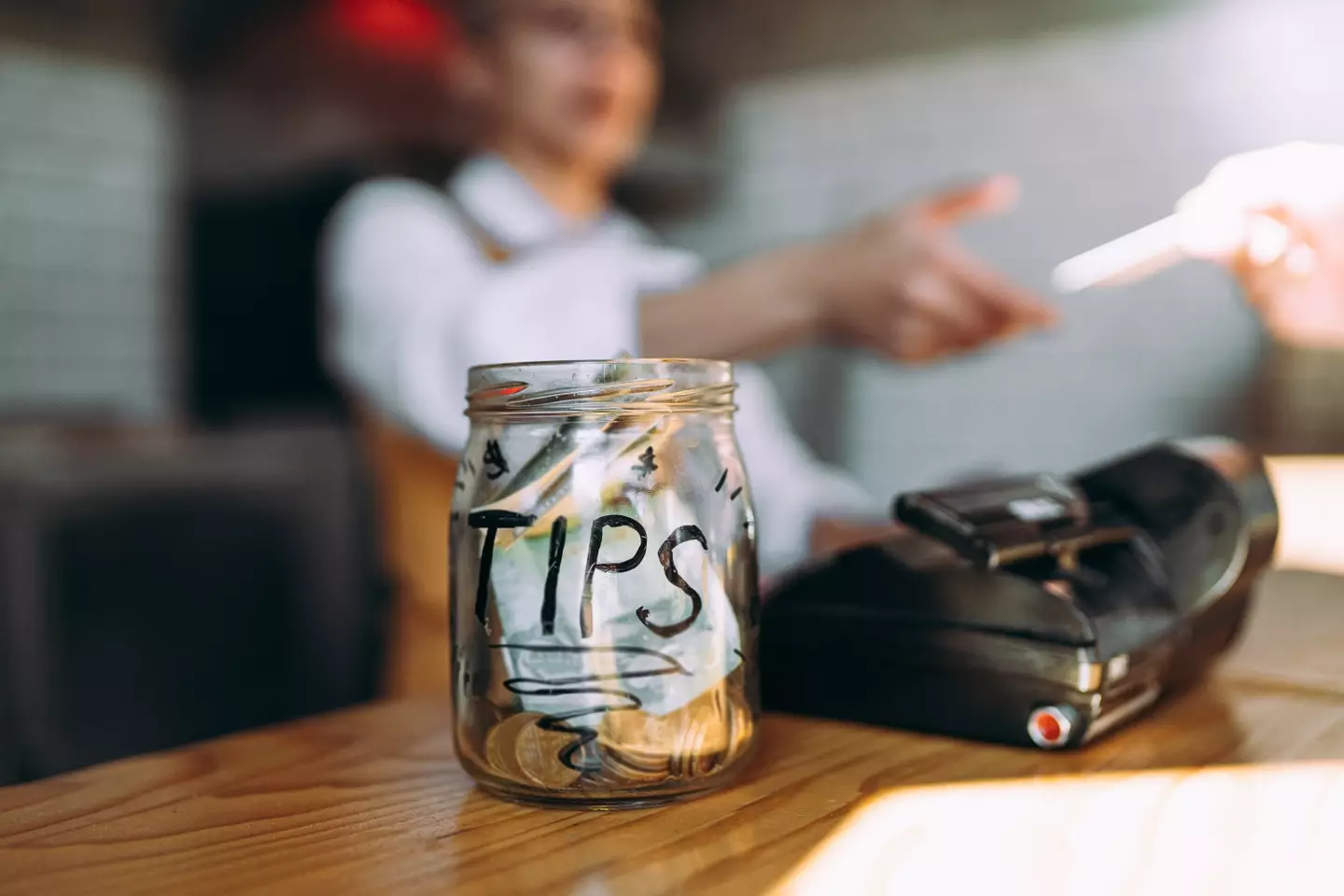
If you're a service industry worker who wants to learn how to make more in tips then apparently your guardian angel is the FBI's former chief international hostage negotiator.
It may sound a little strange at first, but if someone can negotiate the release of hostages than they might also be able to negotiate a better tip for service staff.
Speaking to Nudge Podcast recently, former FBI man Chris Voss said there was one thing you might spot your waiter doing that might lead to you giving them a bigger tip.
Podcast host Phill Agnew explained it in a TikTok video promoting the podcast and said that waiters could 'almost double their tips' with it.
Advert

Plenty of people might not like paying tips all that much so it's worth knowing how to look out for it, but conversely staff who rely on tips could do with remembering it.
"He told me about this study from 2003," Agnew said.
"In the study, which involved waiting staff, half of the staff were told to take orders as normal.
"The other half of the staff were told to verbally mirror the orders of the customer. "So a customer orders one burger and the waiter says 'one burger'."
Advert
According to the study from the University of Nijmegen, doing this meant that the waiter would see their tip take increase by a whopping 70 percent.
That is pretty chuffing impressive whichever way you slice it, and you really couldn't blame a waiter whose take-home pay needed to be supplemented by tips for doing whatever worked to put more dough in their pocket.

This trick all hinges on the 'tendency humans have to like people who act like them', even if it's as simple as repeating their order back to them in a restaurant.
According to the former FBI man, this is called 'mirroring' and it 'increases the tips' by making the tipper think the waiter is more likeable.
Advert
Of course, there may be other reasons why it can help give the impression of good service, as someone in the comments said that repeating back the order helps diners know they were heard properly.
A waiter also commented to say they repeated the order back to make sure nothing had been taken down wrong or forgotten - which would inevitably mean more grief for those bringing the food.
Advert
Because even if it's not their fault, an unhappy table likely means a lower tip.